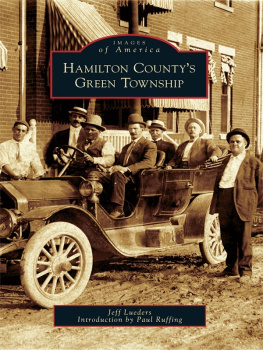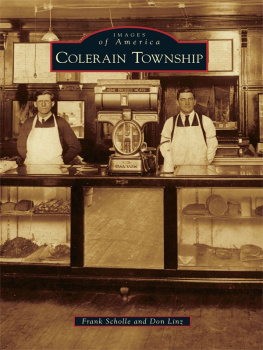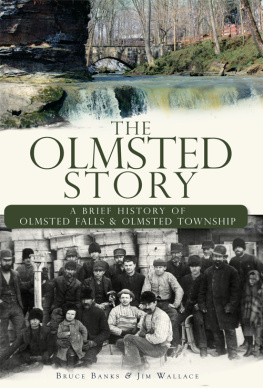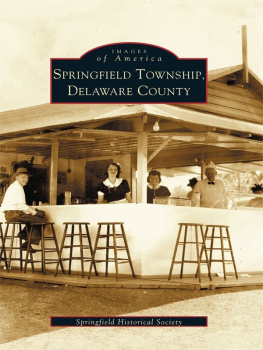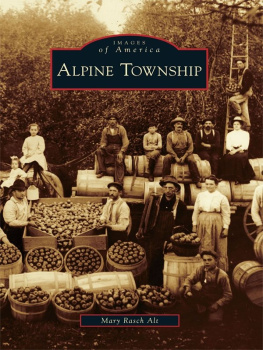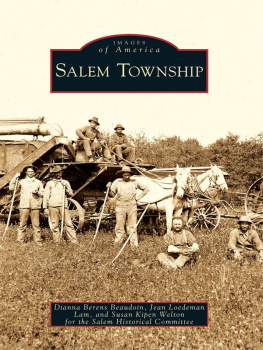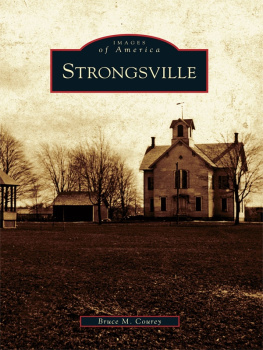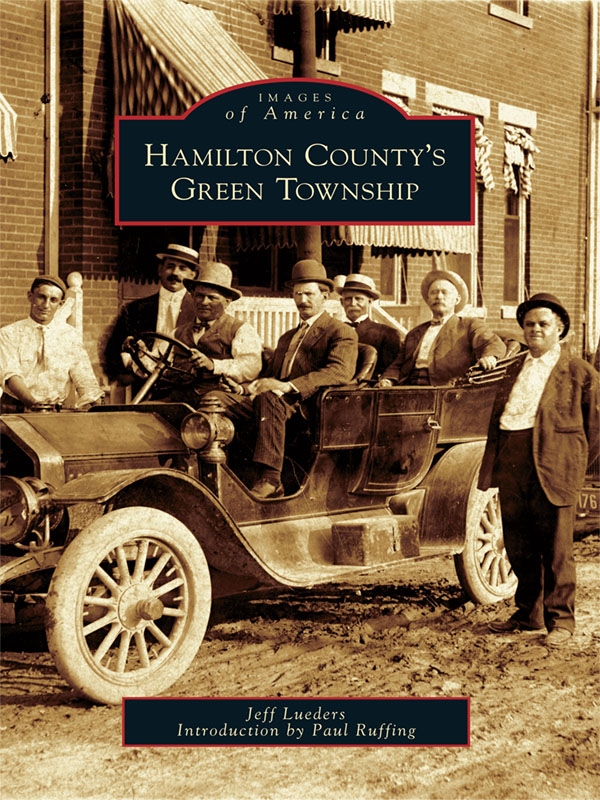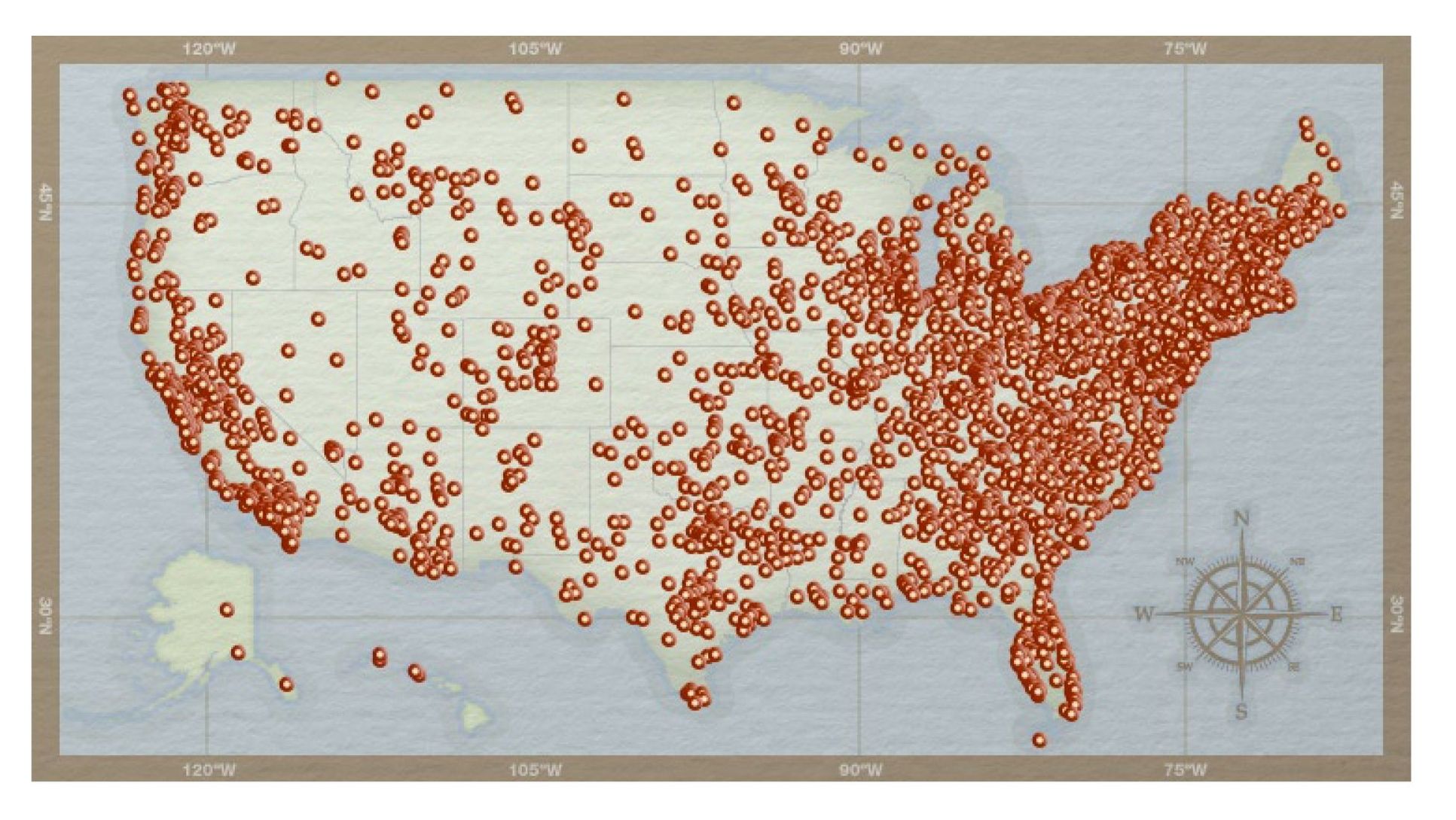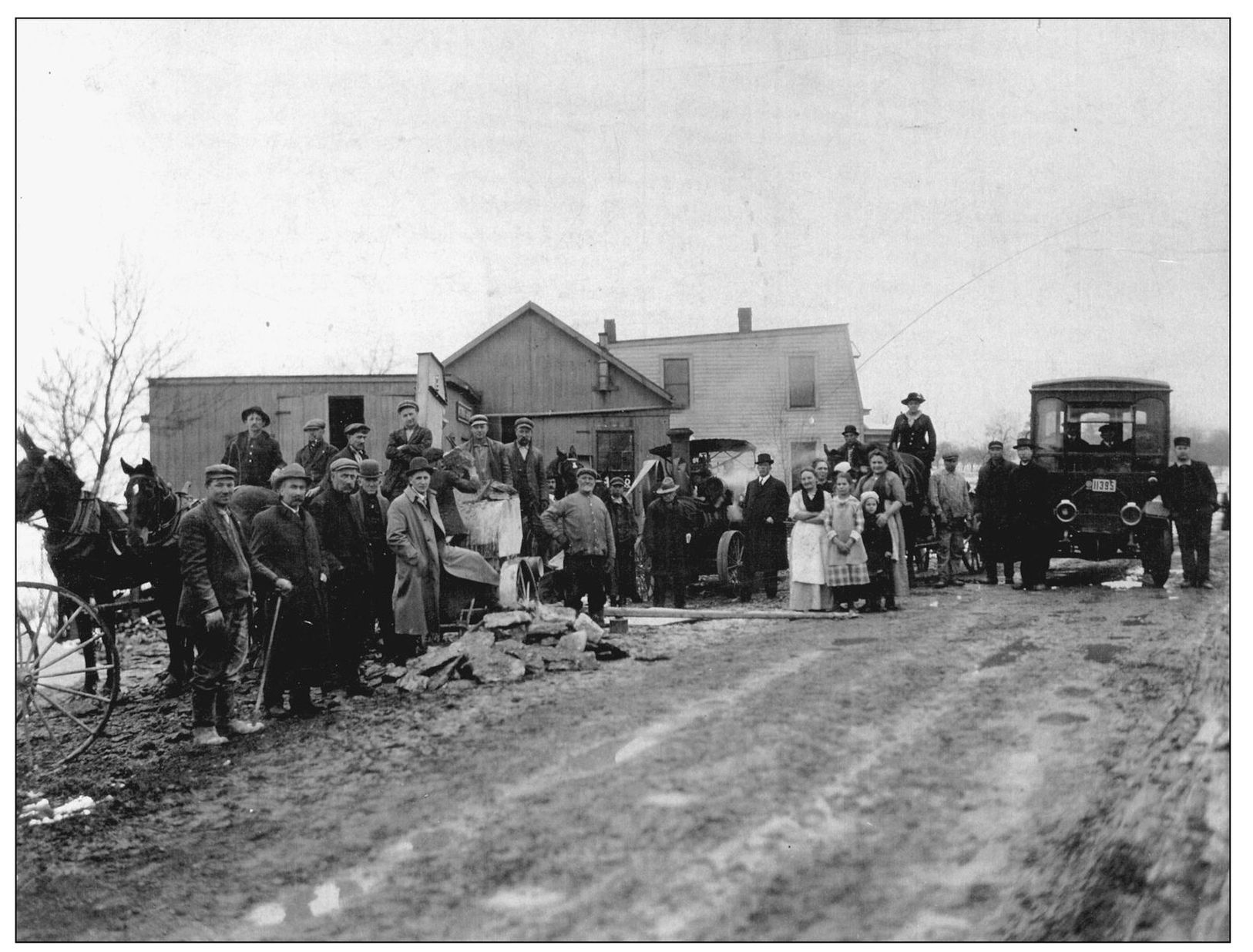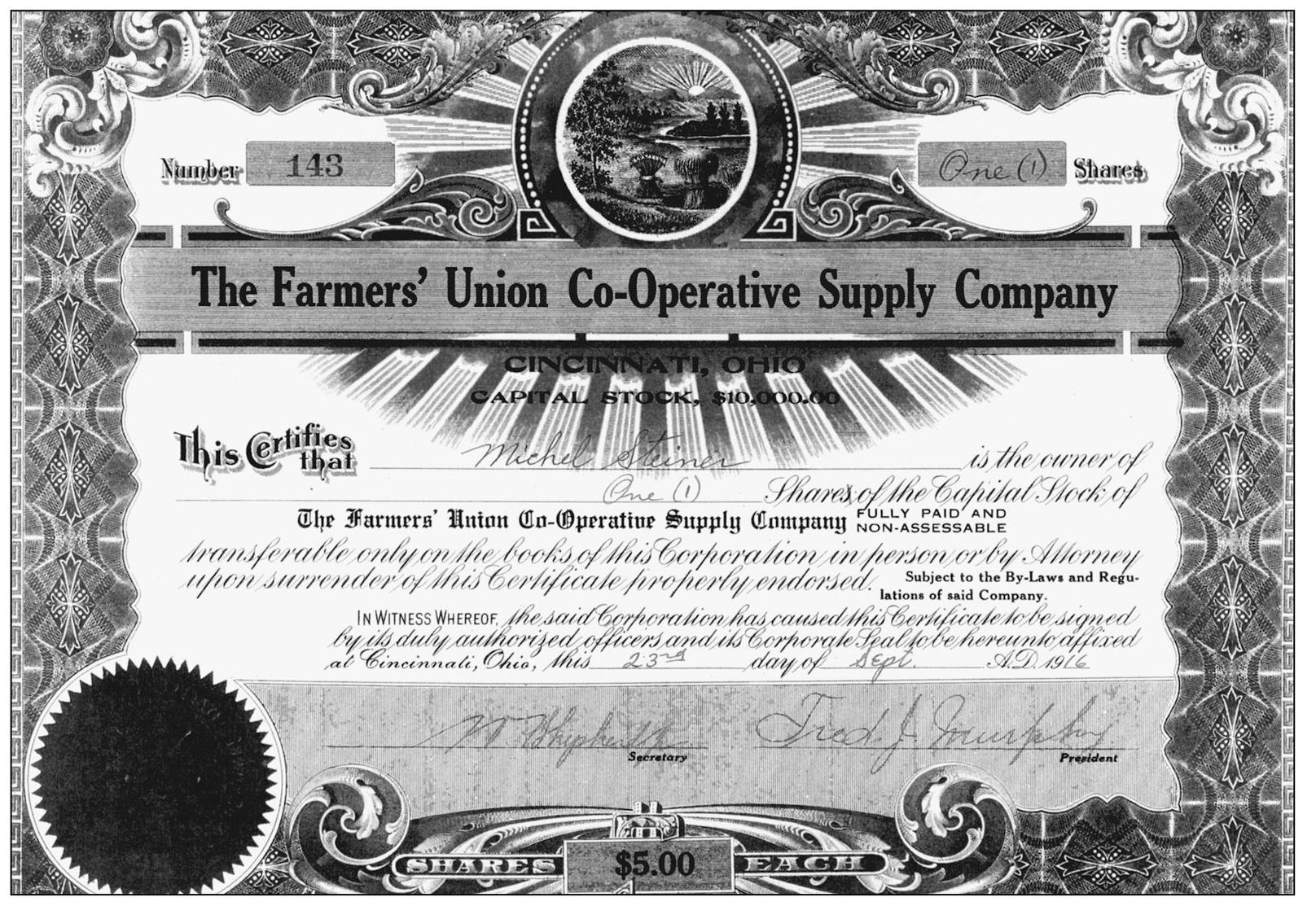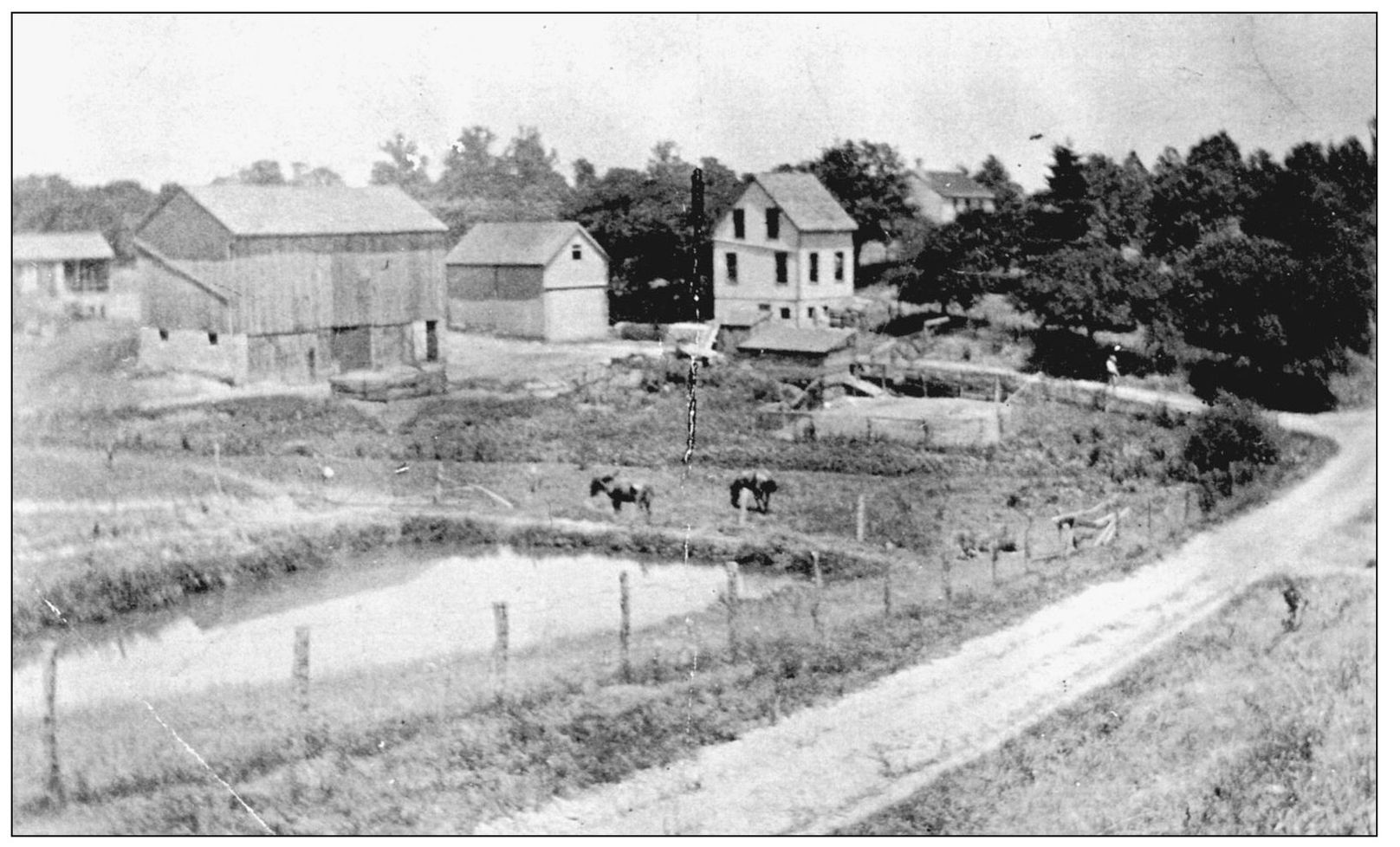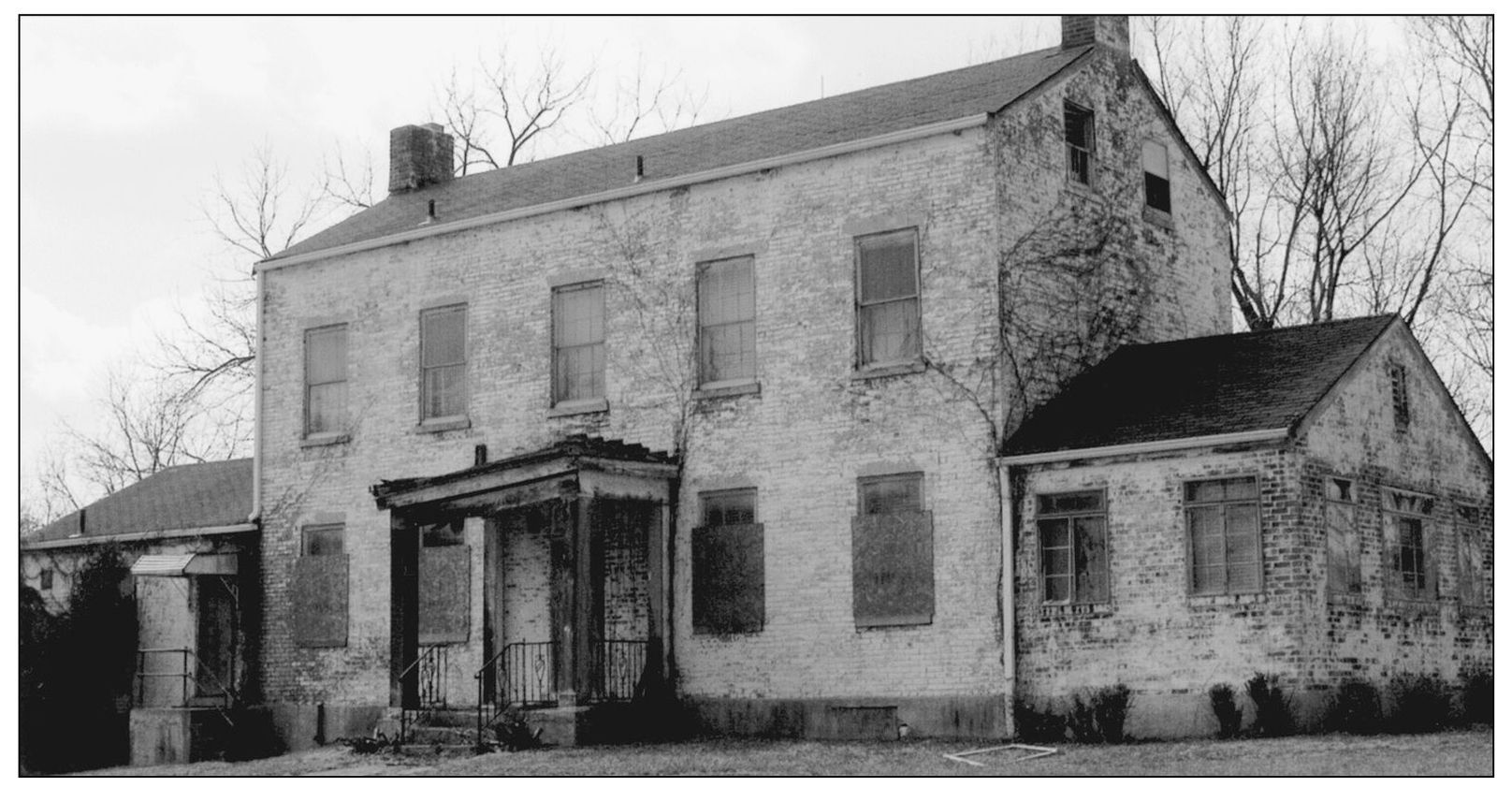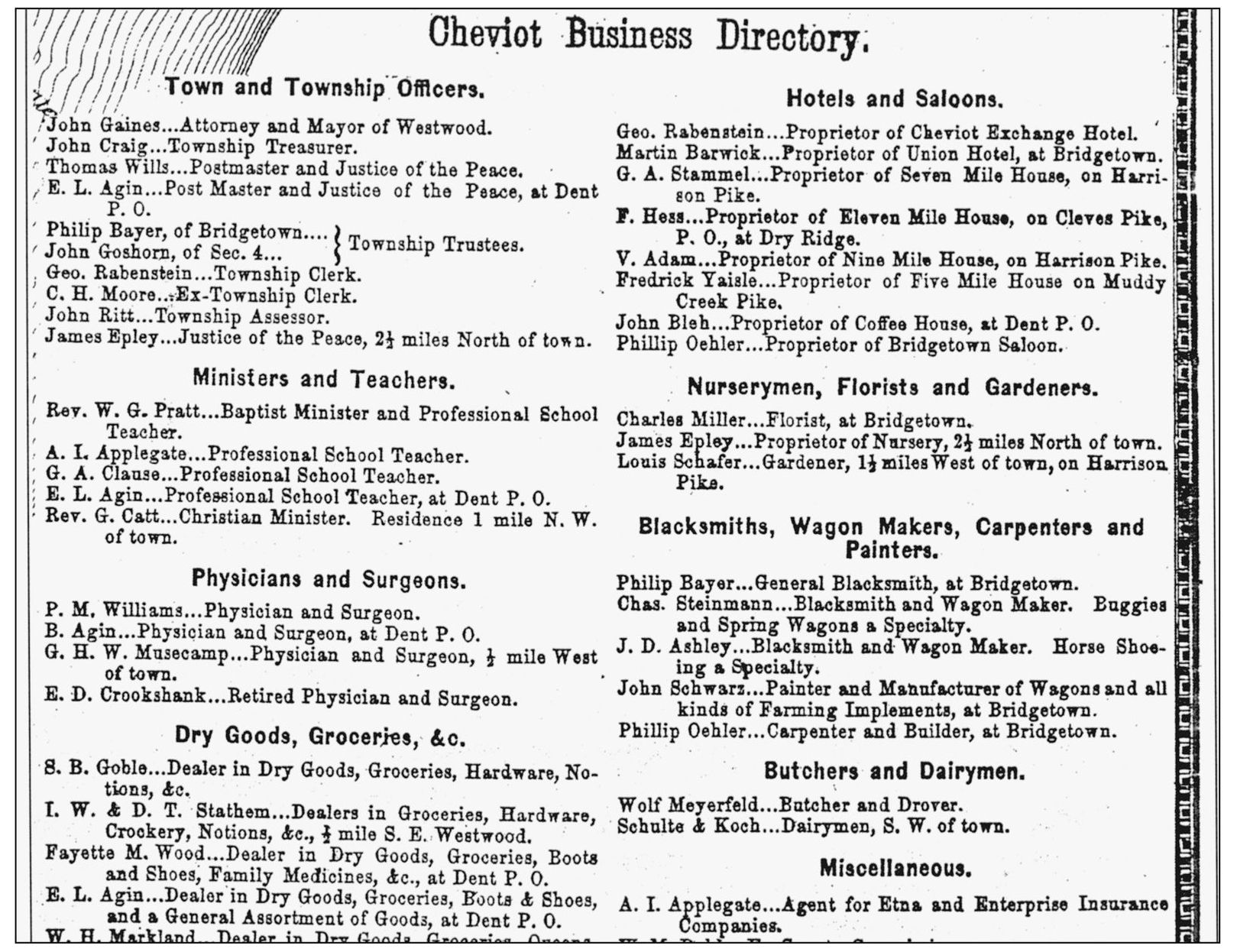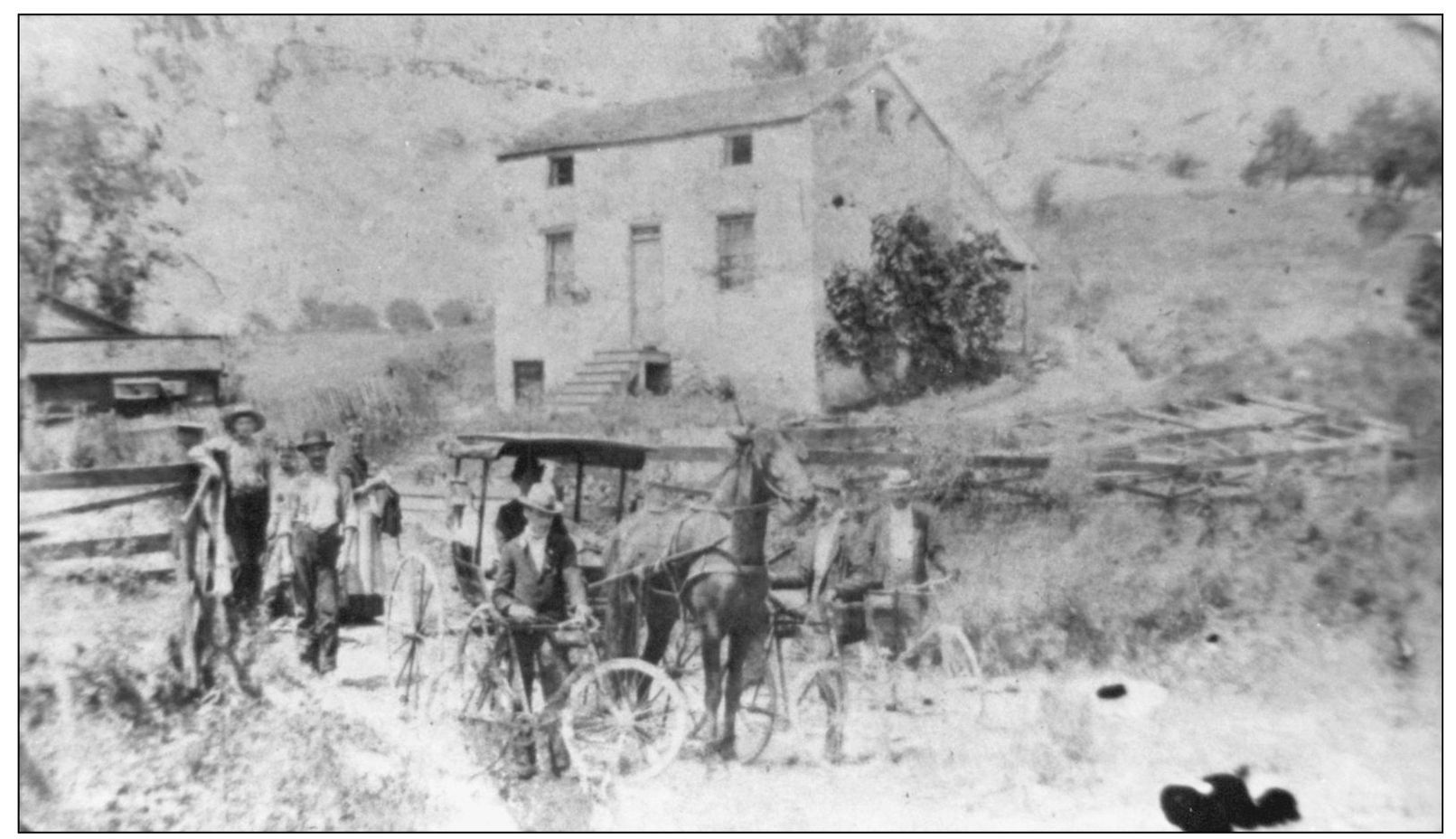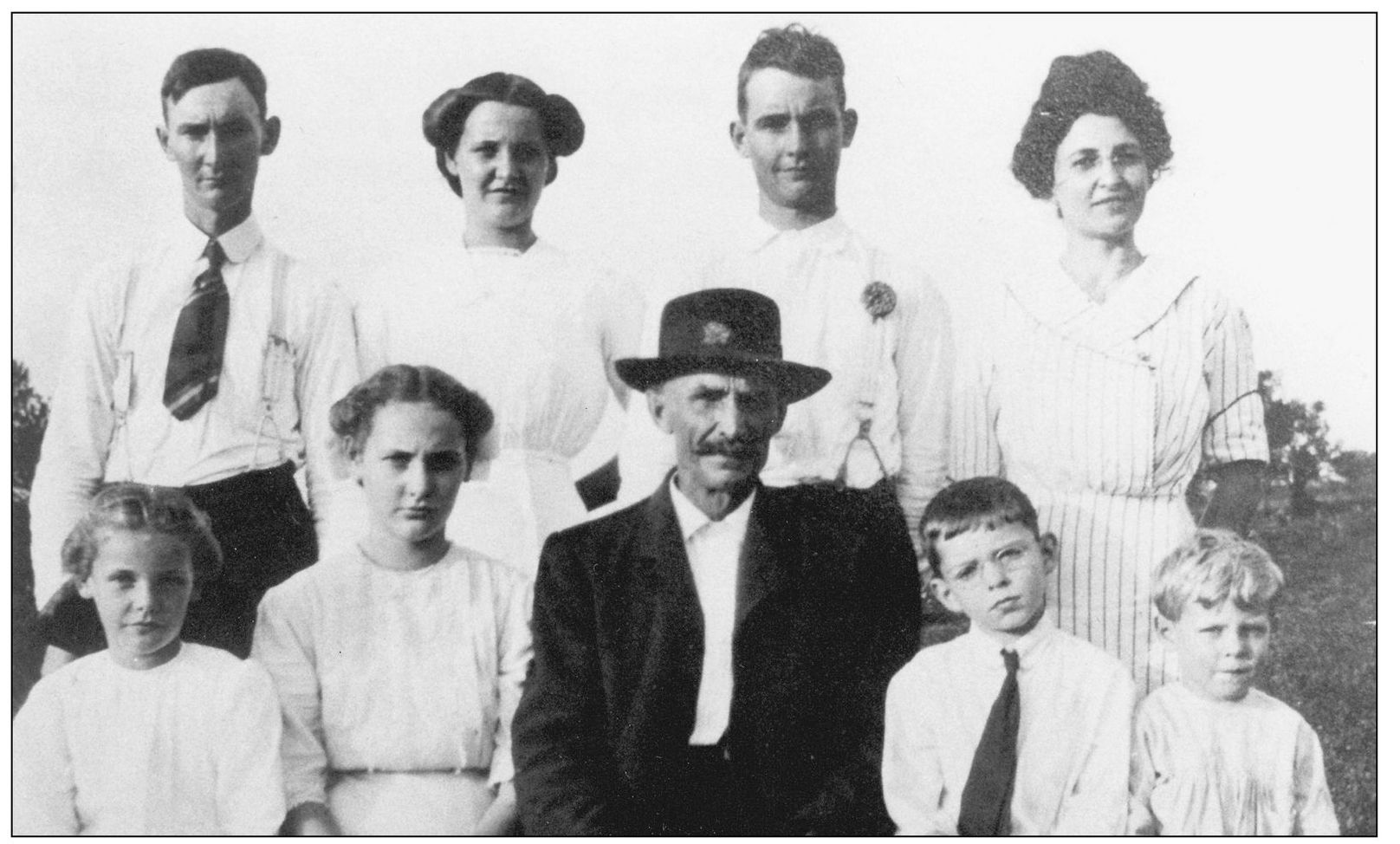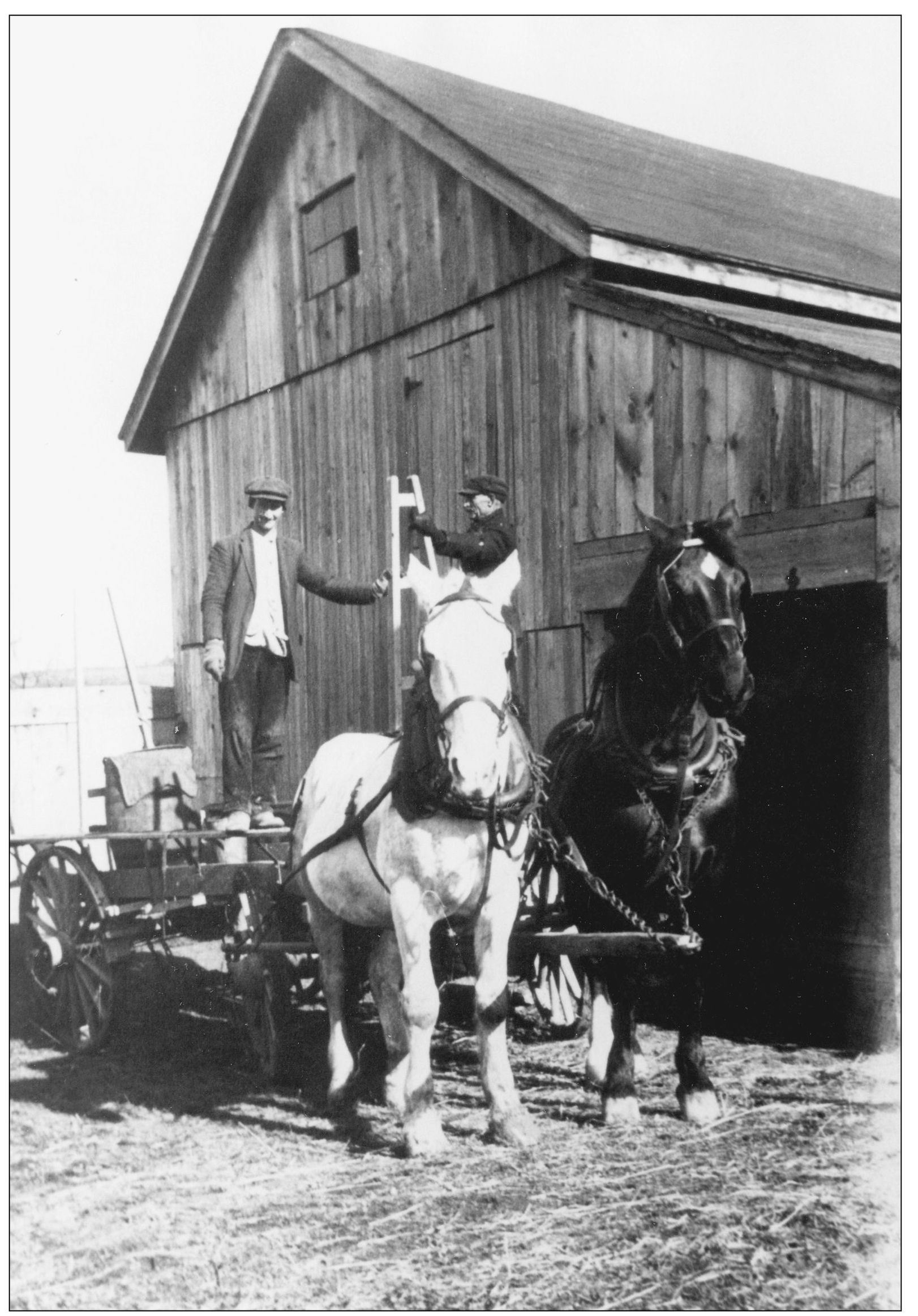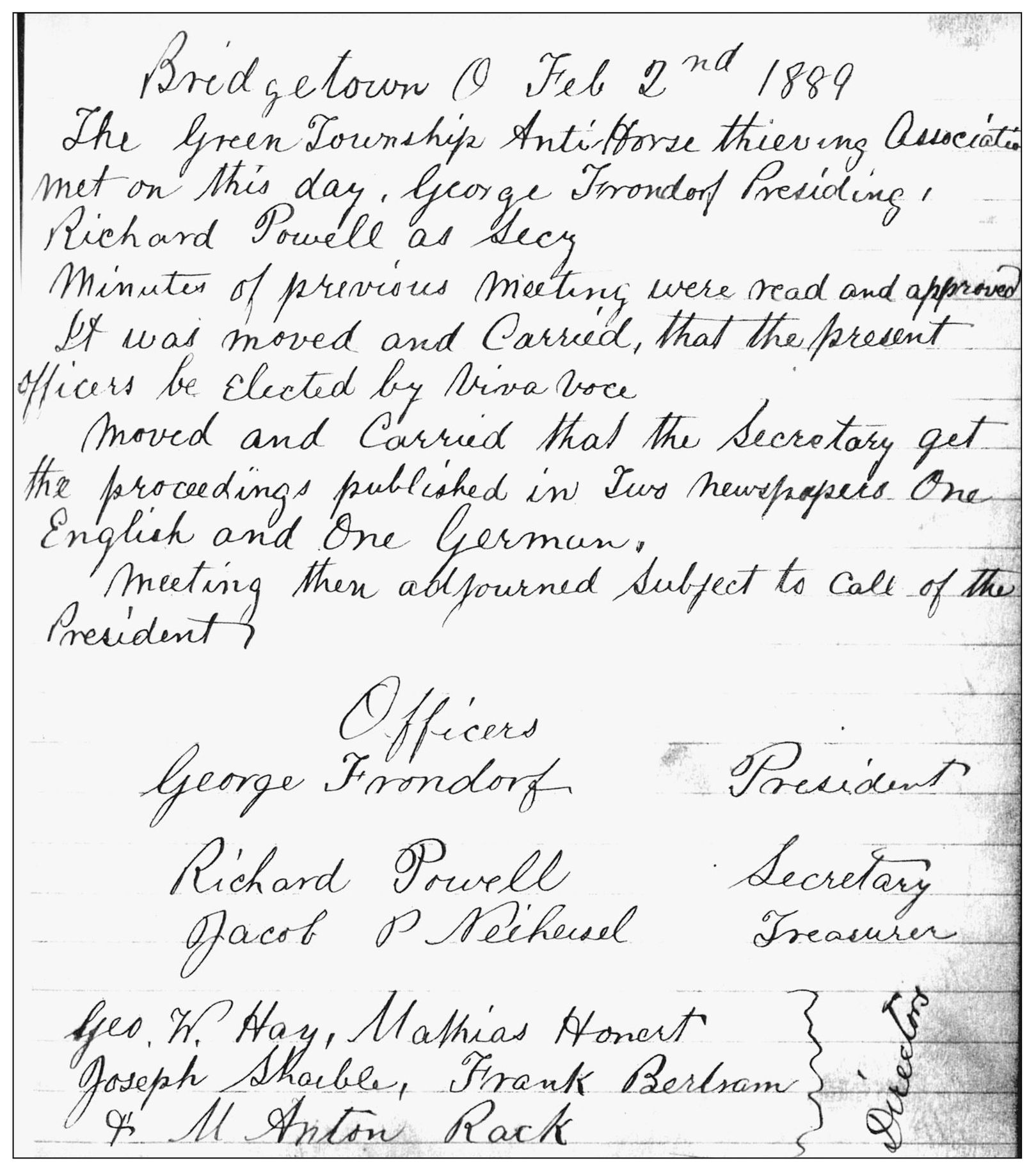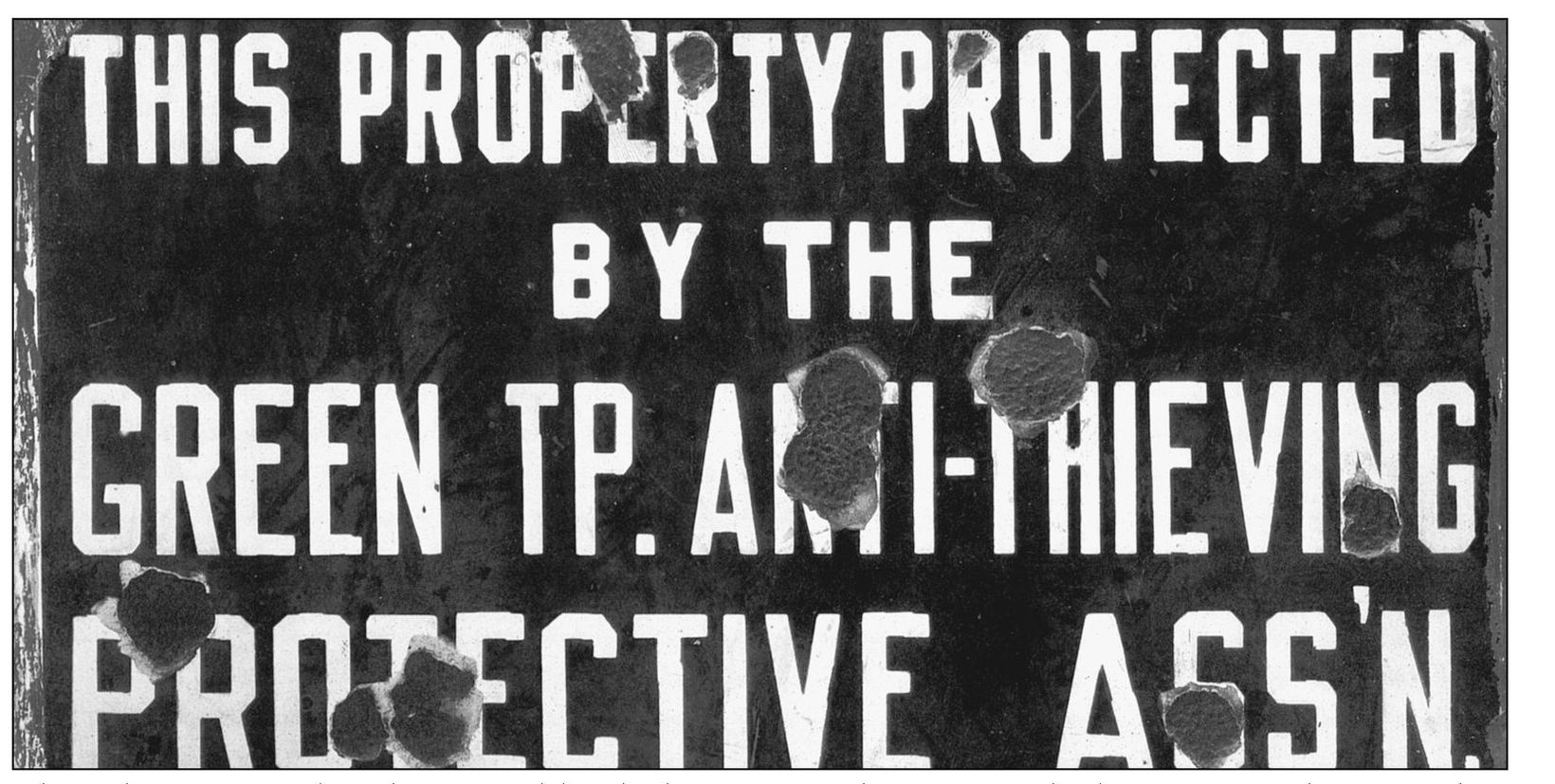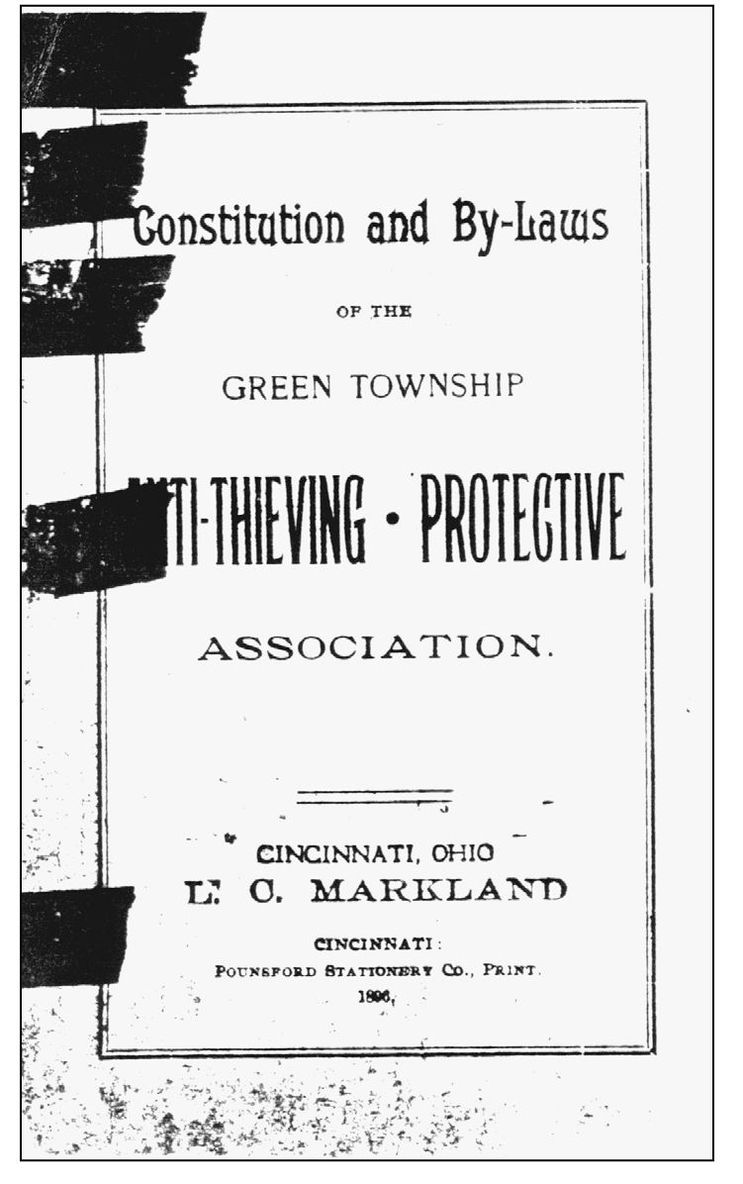One
LIFE ON THE FARM
This is the Farmers Union Co-operative Supply Company in Monfort Heights in the early 1900s. Farmers bought commodities such as coffee, sugar, flour, and even coal at wholesale prices. It was located on North Bend Road about where the Monfort Heights Shopping Center is today. The members met in a wagon makers shop belonging to Harry Frondorf. Dances were also held at the hall with music that featured fiddles and guitars.
This is a picture of a stock certificate of the Farmers Union Co-Operative Supply Company dated September 23, 1916.
The Hollmeyer Farm is shown here in the early 1920s with Fiddlers Green Road in the foreground. Some of the buildings still stand today. The farm was settled by Thomas Markland in 1803, called the Chestnut Farm, and was sold to the Hollmeyer family in the early 1900s. The farm has been in the Hollmeyer family for several generations and is one of the few farms left in Green Townshipwhere farming dominated life into the 1900s.
The Diehl House still stands today at 2885 Diehl Road, known in the 1800s as Swine Road because huge numbers of hogs were driven to the stockyards by the farmers. The main part of the house was built in 1835 by Peter Diehl on his 160-acre farm. The Diehl house and its remaining 50 acres were recently purchased by Green Township as parkland from the late Marge Unnewehr Schott estate. (Courtesy of David Bushle.)
This Cheviot Business Directory from the 1869 Hamilton County Atlas is a comprehensive directory. Most businesses supported local farmers.
The stone farmhouse of Phillip and Catherine Herrmann was located on Shepherd Creek Road, Green Township, just north of the present Mount Airy Forest Park entrance. This photograph was taken around 1870. Later after a new frame house was built on the hill across the road, the house was torn down and the stone used for the Shepard Creek roadbed. In the background is the barn along Shepherd Creek Road. Some years later, children burned the barn as a prank.
The Andrew Herrmann Family is pictured at their farmhouse along Shepherd Creek Road, now Mount Airy Forest. Seen here, from left to right, are the following: (first row) Barbara Herrmann, Carie Herrmann, Andrew Herrmann (18851924), son of Phillip Herrmann (18191912), William Palmer, and Dewit Palmer; (second row) August Herrmann, Elsie Herrmann Steigleder, John A. Herrmann, and Emma Herrmann Palmer.
Pictured here are Andrew Herrmann (right), and his son, August Herrmann, about 1923 with their horses. The building was demolished for Mount Airy Forest in 1933.
This is a page from the minute book of the Green Township Anti-Thieving Association from a February 2, 1889, meeting. Officers elected represented well-established family names in the township.
This plaque was placed on Marklands barn at Bridgetown and Ebenezer Roads. Township farmers helping to protect farms and other properties were known as the Green Township Anti-Thieving Protective Association. In the 1880s, township farms and other property suffered from a number of horse thefts. County sheriffs deputies rarely patrolled the outlying townships. The first meeting was held in 1885 with 77 members. When a theft occurred, word spread and members mobilized to catch the thief. They used roadblocks and were sometimes armed. Members displayed a plaque on their barns to warn potential thieves. Note that with this plaque someone used it as target practice. In the early years, the group met in Fockes Tavern at Bridgetown Road and Church Lane. In later years, it became more of a social club.
The Anti-Thieving Protective Association had its own constitution and by-laws. The cover is shown here.
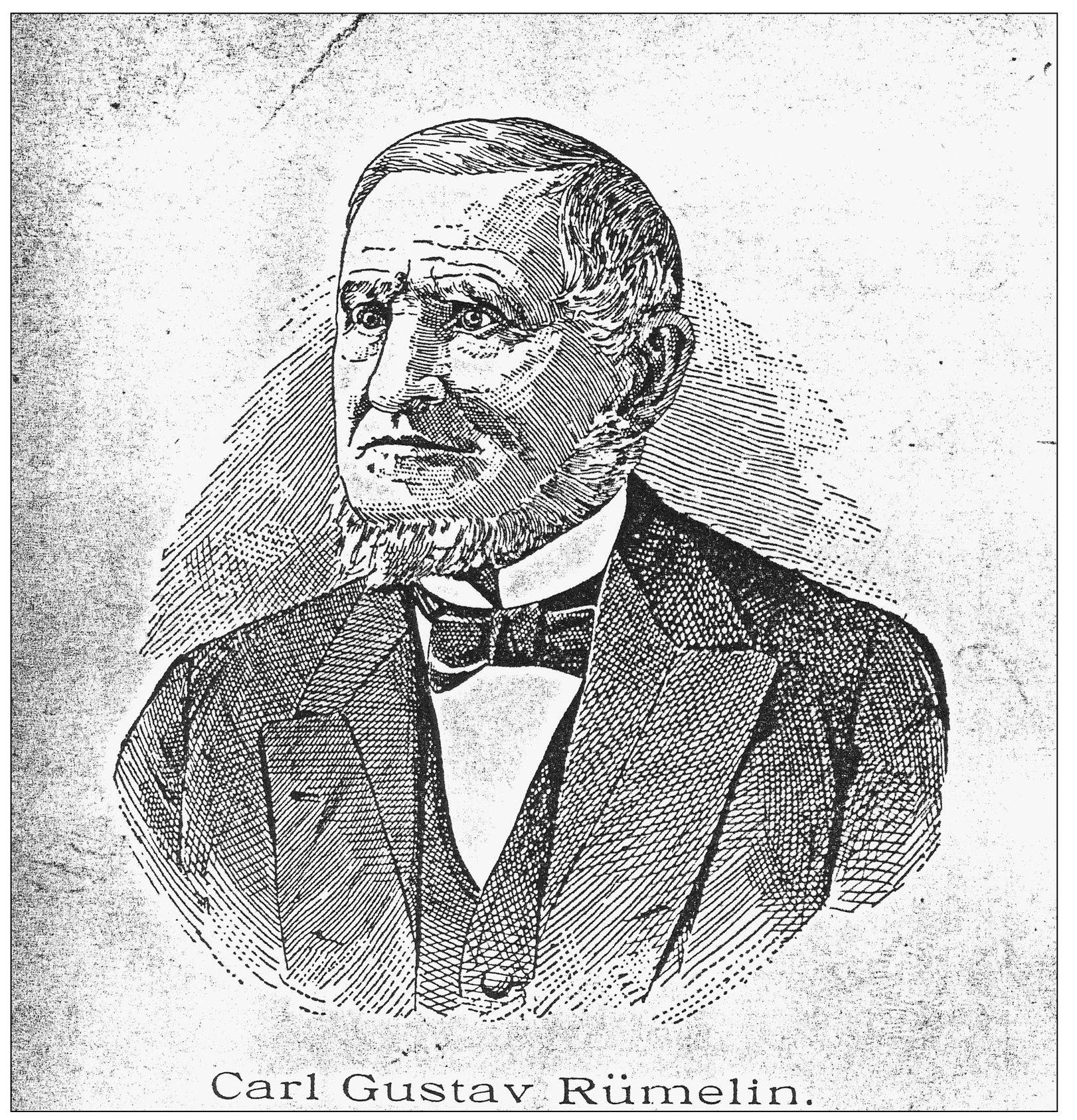
Carl Gustav (Charles) Reemelin was a businessman, lawyer, public servant, farmer, author, husband, and father. Born in 1814 in Heilbronn, Wurtemburg, Germany, he sailed to America in 1832 and traveled to Cincinnati in 1833, prospering in the grocery business. He married Louise Mark in 1837 and raised a family of seven children. In 1843, he sold his grocery business and purchased a 160-acre farm in Green Township (Dent). He actively worked his orchards and vineyards, regularly traveling to Cincinnati on horseback. He became an expert on methods of grape cultivation for wine production. In 1851, his wine production topped 450 gallons. Gradually he sold all but 32 acres of his farm. He became a lawyer in 1848. Elected to the Ohio House of Representatives in 1844 and the Senate in 1846, his political career flourished. Reemelin also served as a banking commissioner, state reform school commissioner, and commissioner of mines. He was a founder of the German newspaper Volksblatt and wrote numerous literary, agricultural, and political journals, along with several books, including one on wine production. Reemelin was elected to the Green Township board of education, attended the Harvest Home Festival for over 20 years as a local farmer, gave Dent its name for the steep, hilly depression in the area, and completed his autobiography in 1892. He died on January 16, 1896, and is buried in Spring Grove Cemetery.

